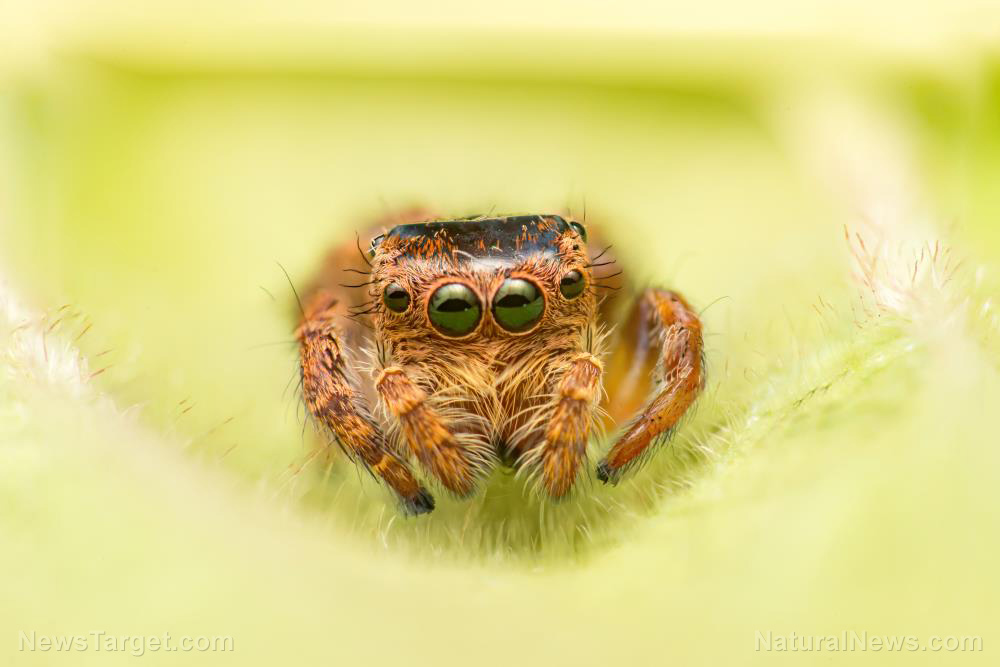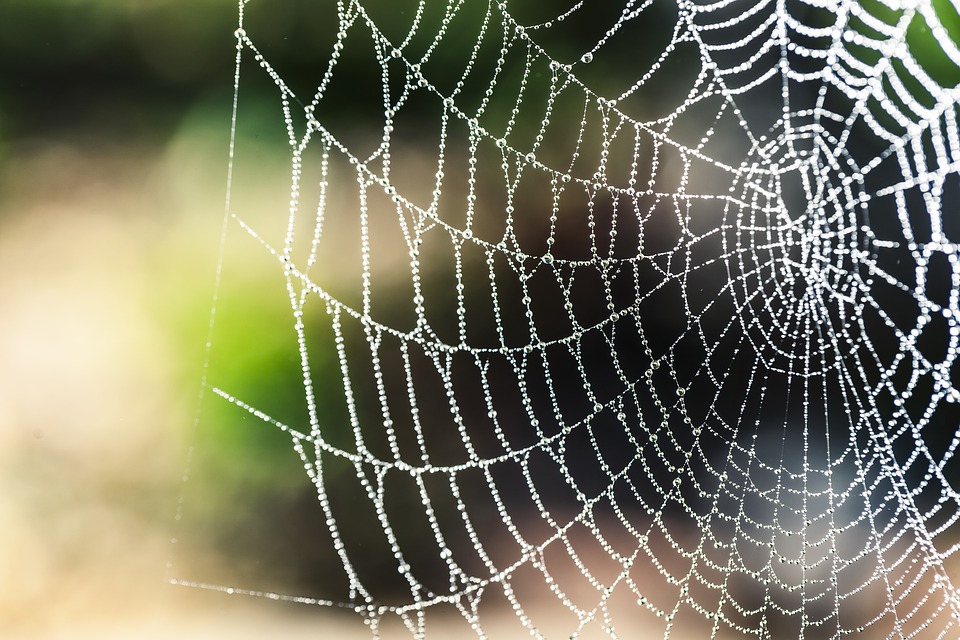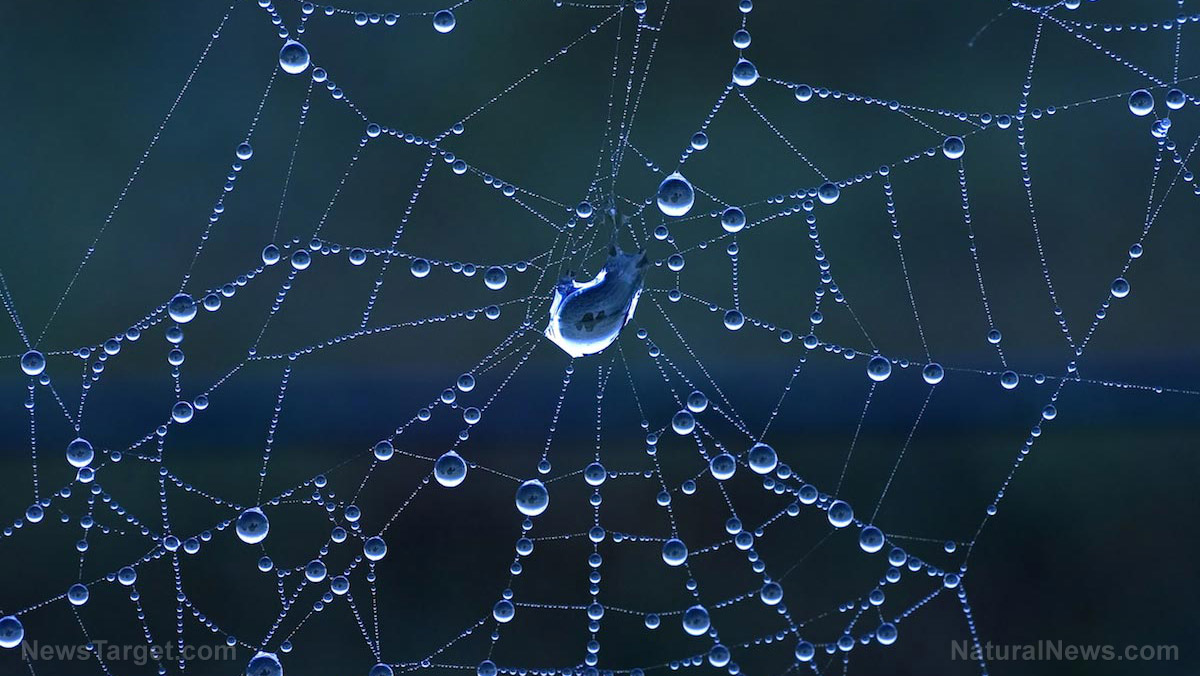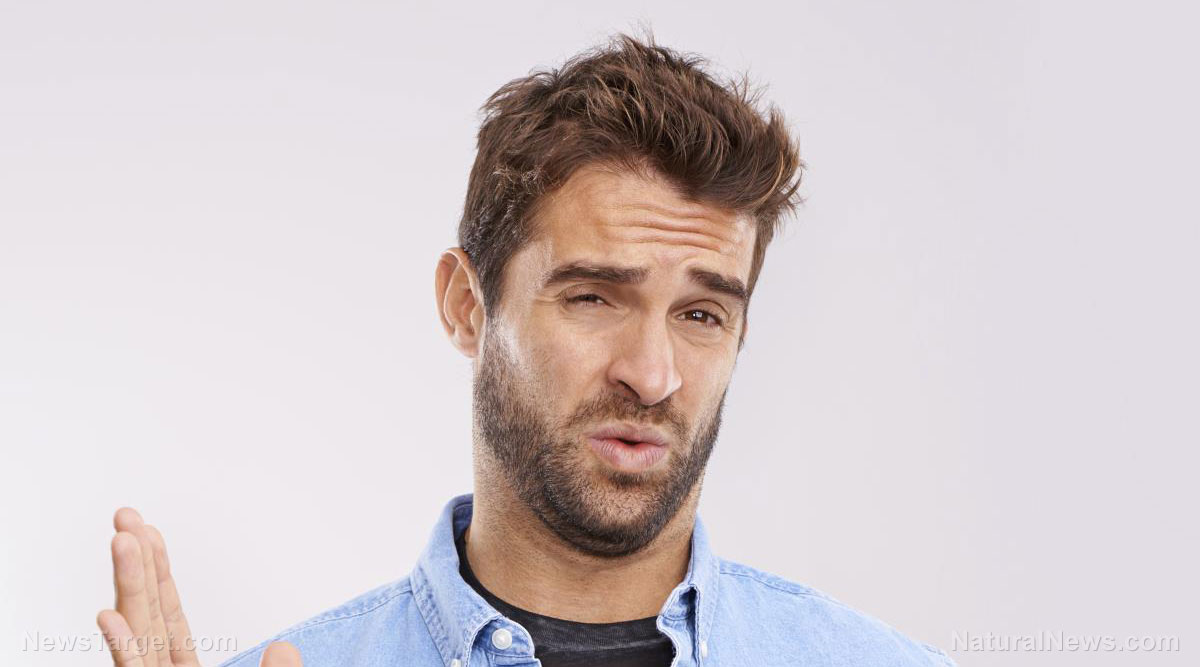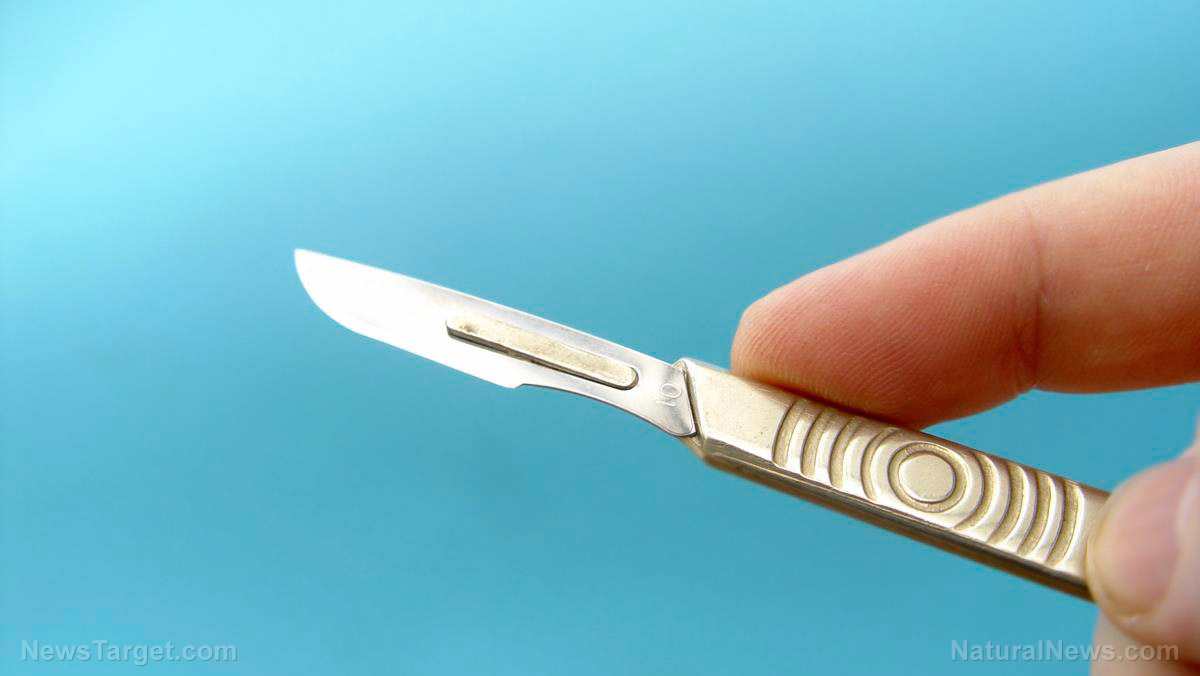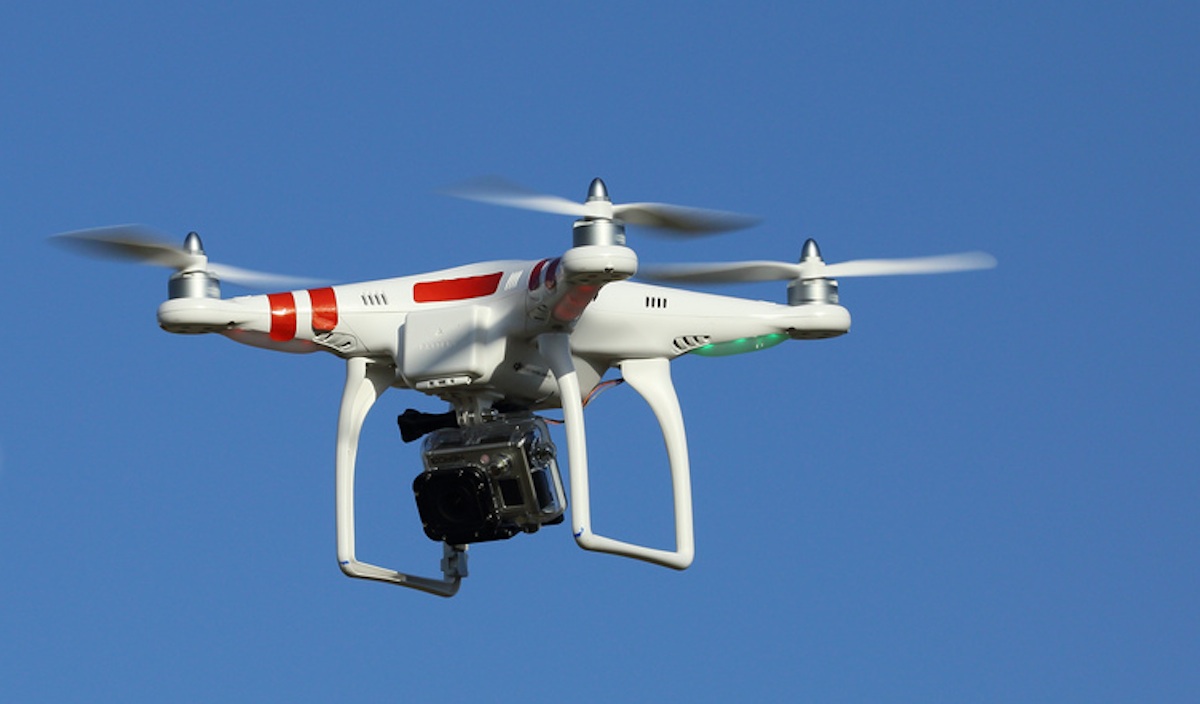Did YOU fall for it? Privacy watchdogs warn selfie lovers that Google’s “art doppelganger” app isn’t just for fun – they are building facial recognition database
08/02/2018 / By David Williams
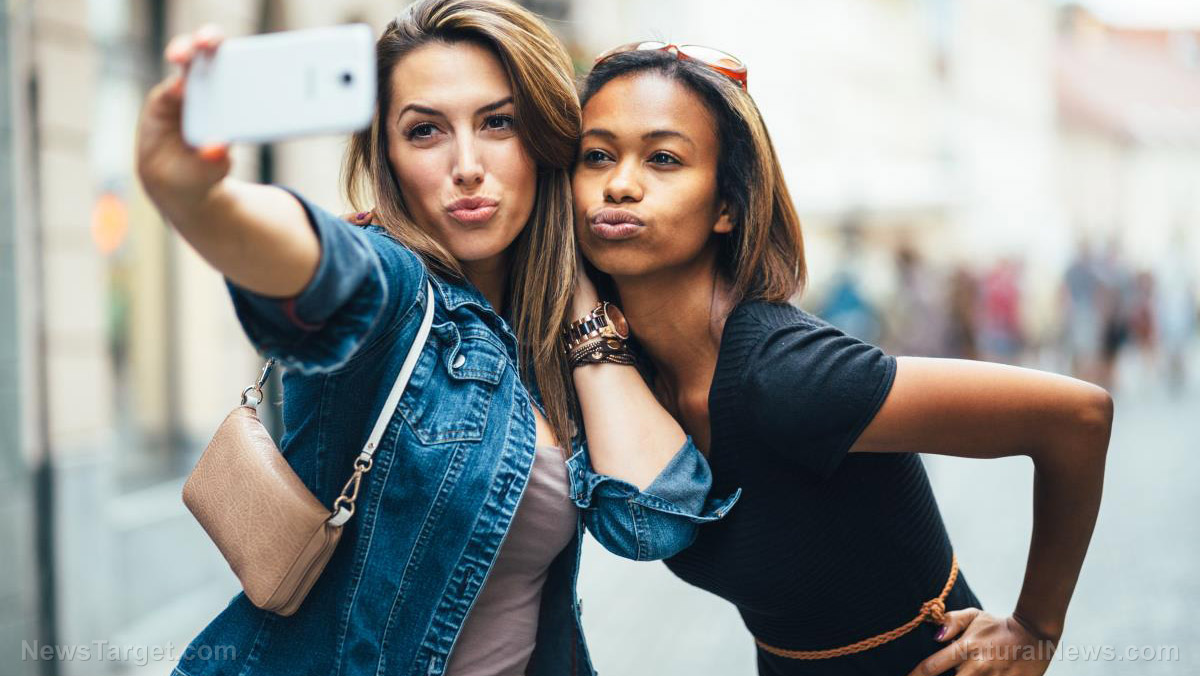
People love taking pictures. Whether it’s of food, places, their pets, and especially themselves, most people just can’t help but press the shutter button on cameras and capture images that they’ll review once or twice later but inevitably forget about. The point is, photos, and especially selfies, are a big deal in modern culture. So it’s no surprise that a mobile app with a feature that’s made specifically for the use of candid selfies has gone viral.
Recently, a two-year-old mobile app that was first released by Google in 2016, called the Google Arts and Culture app, has become hugely successful online. All it took was for people to start using a new feature that matched their own selfies with portraits from old paintings, in order to find their so-called art doppelgänger. It’s a lot like Google’s web-based image search feature, where uploading a photo will yield search results of duplicate or similar images based on a number of unknown parameters.
The Google Arts and Culture app had topped both the iOS and Android charts under the category of free apps. And more and more people are downloading and installing it by the minute. It became viral because of an update that was quietly added by the developers behind it, wherein users could use a new face-matching feature that relies on user-uploaded selfies. The app then takes the user selfies and matches it with the five most similar faces seen in various paintings. The results of this one new feature have been shared many times by many users on Twitter and other social media sites.
Overall, it seems like users are enjoying the app for what it is: A quick and easy way to poke fun at yourself or others by seeing the “similar” faces that it brings up after uploading a person’s selfie. Based on the posts shared by users on Twitter, there have been many funny matches given by the app. Some examples include a woman who got matched with an 18th century painting of “death” by painter George Romney; another woman who got matched with the Golden Age painter Jan van Neck’s Cornelis painting; and a man who got matched with a technicolor art portrait of an actor that played a character on the TV show Different Strokes.
But while the majority of people are having fun, there are some who view the Google Arts and Culture app as nefarious and highly suspect. Yousef Munayyer, an Israeli-American writer and political analyst, said on a Twitter post that the person at Google “who came up with this to dupe users into sending in images for its facial recognition database is probably getting promoted.” Indeed, privacy watchdogs view the app as nothing more than part of an effort to compile a facial recognition database, and people are evidently volunteering their photos by the thousands.
According to American actress and activist Alyssa Milano, it may be necessary to look at what the app does before determining if it’s something that should be used or not. In a tweet, she stated, “I mean, this google app that matches your face to a piece of fine art. Anyone suspicious of just surrendering your facial recognition to google or are we confident they already have that at this point?”
Indeed, there is a case to be made for the idea that Google already has plenty of sources for facial recognition besides the Arts and Culture app. And Google representatives have given a statement to MailOnline denying that any images uploaded to the app are saved after they are matched with faces in paintings. In any case, at least people seem to be having a lot of fun using it. Perhaps it’s just as comedian Kumail Nanjiani says, in a Twitter post where he shared his own face-match, “Hey this one ain’t so bad.”
Learn more about online privacy at PrivacyWatch.news.
Sources include:
Tagged Under: badtech, Cell Phone Dangers, Google, Google Arts & Culture, mobile app, mobile phones, mobile software, online privacy, selfies, Smartphones, technology, viral app



